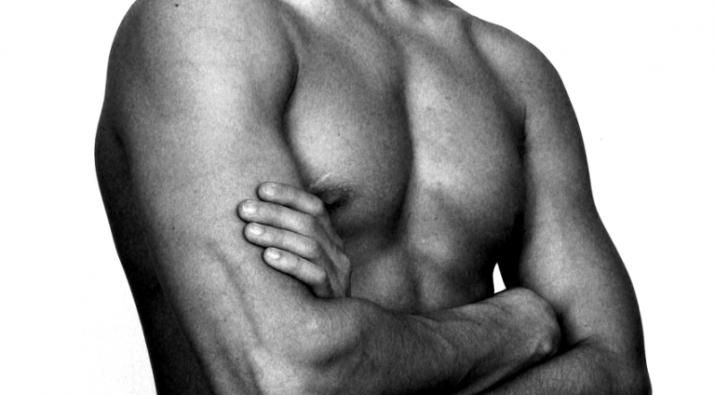
There many ways that you can turn fat into muscle. Calorie counting, diets and exercise can all help in producing more muscle but they can be difficult to stick to. A high-protein diet is one of the most effective and easiest ways to achieve your goal and turn fat into muscle.
There are many health benefits of trying to turn fat into muscle. Muscle burns calories at a higher rate than fat so can produce a higher metabolic rate and result in weight loss. Having more muscle in your body will increase your strength and help in sport and leisure performance and enjoyment. Extra muscle also means that your body has more tone, which can give greater confidence in life.
Why Some Diets Don't Work
Some diets can be very restrictive in the variety of foods you are allowed to eat or too limiting in the amount of food you can eat. You may feel deprived of your favourite foods or hungry and it is easy to give up or fail by indulging in unhealthy snacks. However, a balanced diet which is higher in protein content can help turn fat into muscle and help you achieve your goals of less body fat, weight loss and to be healthier.
Why a Diet High in Protein Can Work
Protein can make you feel fuller for longer so there is less likelihood of snacking because of food cravings. Protein also contributes to building muscle, increasing your calorie-burning rate and making is easier to shed pounds.
While a diet high in protein is effective, it needs to contain other food groups to be successful. Fat and carbohydrates should still form around 70% of your food intake. Certain fats are needed for different aspects of your health, such as the essential fatty acids required for maintaining a healthy brain and nervous system. Additionally, by including some fat in your diet you will be including a range of foods and not depriving yourself of certain types, such as bread. Carbohydrates are also important to include in your diet as they will provide you with a further range of tastes as well as a mixture of fast- and slow-burning fuel.
How to Get More Protein in Your Diet
Incorporating more protein in your diet requires some adjustment and planning. For breakfast, a sprinkling of chopped nuts over cereal can increase the protein content. A sandwich for lunch can include ham or tuna and for main meals you can include fish or poultry alongside vegetables or salad.
It is important to limit carbohydrates after 4pm, when you are less likely to burn them off and also crucial to avoid refined carbohydrates and switch to wholemeal pasta and brown rice.
Embarking on a balanced diet that is high in protein can help you achieve your ideal body and improve your health by turning fat into muscle. By combining protein with other food groups, you won't have to deny yourself and you should not feel hungry, giving you an increased chance of achieving your aims.